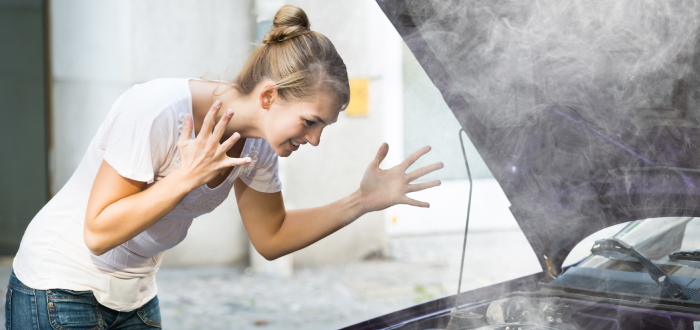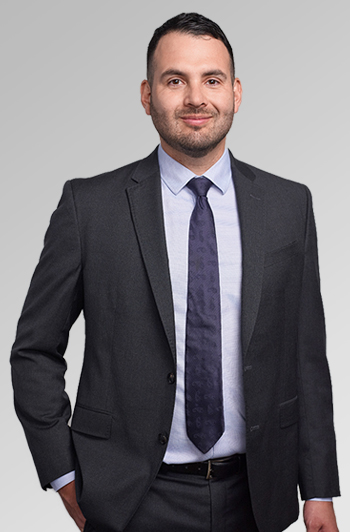In order to prove injuries caused by defective machinery in Texas, you would typically pursue a product liability claim. This type of claim not only seeks to secure compensation for the injured party, but also aims to hold manufacturers or responsible parties accountable for their defective machinery, and/or their negligence or oversight in ensuring the safety and reliability of their products. As a result, product liability claims in Texas are generally based on the theory of strict liability and/or negligence.
Establishing Product Liability In Texas With A Strict Liability Theory Or A Negligence Theory
In Texas, the way to prove an injury was caused by defective machinery is by establishing product liability. If you are pursuing a strict liability theory under the product liability heading, it essentially means that a defendant would be legally liable for the claimant’s injuries and damages regardless of whether there was any negligence or wrongdoing on the defendant’s part.
A product liability claim involves demonstrating that the machinery was defective and that this defect caused the injury. There are three main types of defects: design defects, manufacturing defects, and marketing defects (like inadequate warnings or instructions).
- Design Defects: A design defect implies that the machinery was inherently unsafe, even when manufactured correctly. To prove this, one might need to show that there was a safer, more feasible design that the manufacturer could have used.
- Manufacturing Defects: A manufacturing defect occurs when a product is different than its intended design and is more dangerous than consumers would expect. This might involve showing that something went wrong in the manufacturing process specifically for the item that caused the injury.
- Marketing Defects: This involves proving that the machinery lacked adequate warnings or instructions, making it unsafe. Demonstrating a marketing defect often requires showing that the risks of the product were not obvious to the user and that proper warnings could have prevented the injury.
- Proving Causation: It is crucial to prove that the defect directly caused the injury. This typically requires medical evidence and expert testimony to establish a clear link between the defect and the injury.
- Damages: The injured party must prove that they suffered actual damages, which can include medical expenses, lost wages, pain and suffering, as well as other expenses.
- Statute of Limitations: In Texas, you generally have two years to bring a lawsuit for personal injury from the date the wrongful action caused the injury.
- Comparative Negligence: Texas follows a modified comparative negligence rule. If the injured party is found partly at fault, their compensation might be reduced proportionally to their degree of fault.
- Expert Testimony: Cases involving defective machinery often require expert testimony to explain how the defect occurred, why it is dangerous, and how it caused the injury. This can involve engineers, safety experts, and medical professionals.
In Texas, product liability cases can also be based on negligence besides a strict liability cause of action. Whereas with strict liability, the cause of action focuses on the product itself being inherently defective, a negligence claim involves proving that the manufacturer or seller failed to exercise reasonable care in the design, manufacturing, or marketing of the product, leading to the consumer’s injury. This requires demonstrating that the manufacturer or seller breached a duty of care to the consumer and that this breach directly caused the injury. Keep in mind that In some cases, both strict liability and negligence claims might both be relevant, depending on the specifics of the case and the nature of the defect or injury.
Takeaway
Product liability cases can be complex and involve many aspects to prove your claim. A personal injury attorney experienced in Texas product liability lawsuits can help navigate the legal system, gather necessary evidence, and advocate on behalf of the injured party. Our legal team has the resources to thoroughly investigate your claim and develop an effective strategy on your behalf. Contact Ceja Law Firm, PLLC as soon as possible to schedule your free initial consultation to discuss your case.











